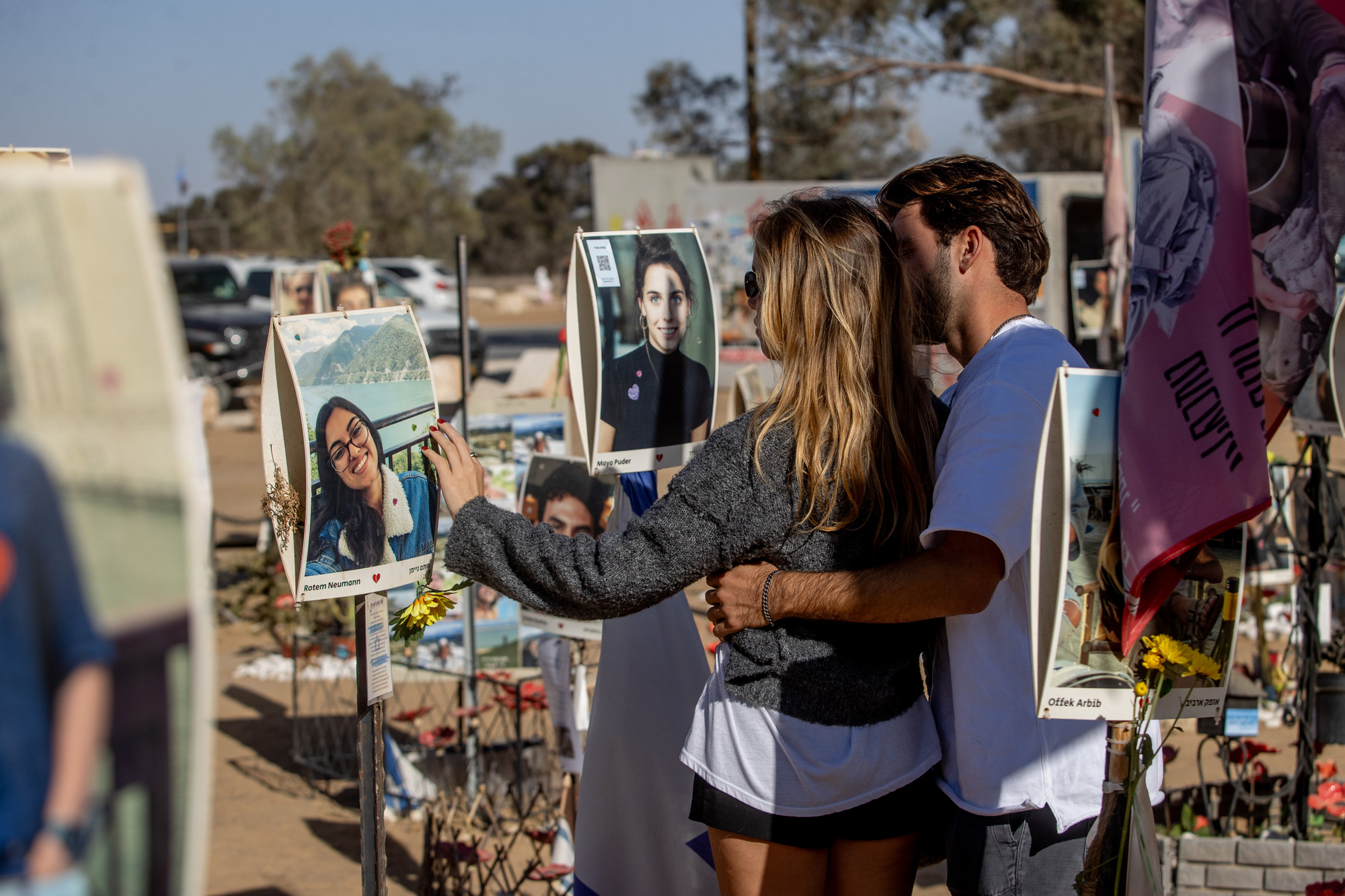Politicizing Accountability: The Proposed "Public Committee of Inquiry"
The proposed "Public Committee of Inquiry," for investigating the events of October 7th and its aftermath, is an attempt to circumvent the existing framework for such investigations and is unlikely to gain public trust.

Photo by Oren Ben Hakoon/Flash90
It has recently been reported that Prime Minister Netanyahu's Likud Party has proposed legislation that would mandate the establishment of a "public committee of inquiry" into October 7, which would be composed from representatives of the coalition and opposition, meaning its members would be politically affiliated.
On the surface, such a committee might seem to address the public's sentiment. Indeed, in a recent survey we conducted at the Israel Democracy Institute, we found there was broad agreement across all groups in Israeli society that the events of October 7 must be investigated.
However, looking at this more deeply, it would appear that the Prime Minister is seeking to circumvent the existing framework for such investigations, especially considering reports that the legislation explicitly prohibits other forms of inquiry into October 7.
In Israel, there is an institution called a State Commission of Inquiry, which is an independent commission whose members are appointed by the Supreme Court President, headed by a judge, and which has broad powers including the ability to call witnesses and to compel them to testify if they refuse. This is the mechanism that has been used to investigate past events such as the outbreak of the 1973 Yom Kippur War, the 1982 Sabra and Shatila massacre, the Rabin assassination, and the 2021 catastrophic crowd crush in Meron. Indeed, the IDI survey finds that a large majority of the Israeli public trusts a State Commission of Inquiry over other forms of probes. Such a commission has powers equivalent to those of a court and is tasked with ascertaining the facts and making recommendations—professionally, independently, and impartially.
The current proposal on the table, on the other hand, is unlikely to gain broad public trust, and many see it as politically motivated. In practice, this is not a law to establish a commission of inquiry but a law to prevent the establishment of a state commission of inquiry. Public trust in the government since October 7 is very low, and indeed, the current government and its leader are acting in such a way that further breaches this trust.
There is clear consensus in Israeli society that the events of October 7 must be investigated to ensure they never happen again, and that a state commission of inquiry, a respected institution with a history of public trust, is the appropriate body to carry out this task. Rather than allowing for the establishment of an independent, professional Commission to probe the events that led up to October 7, the government appears to be politicizing and distancing itself from the broadly accepted institutions to hold them accountable.
